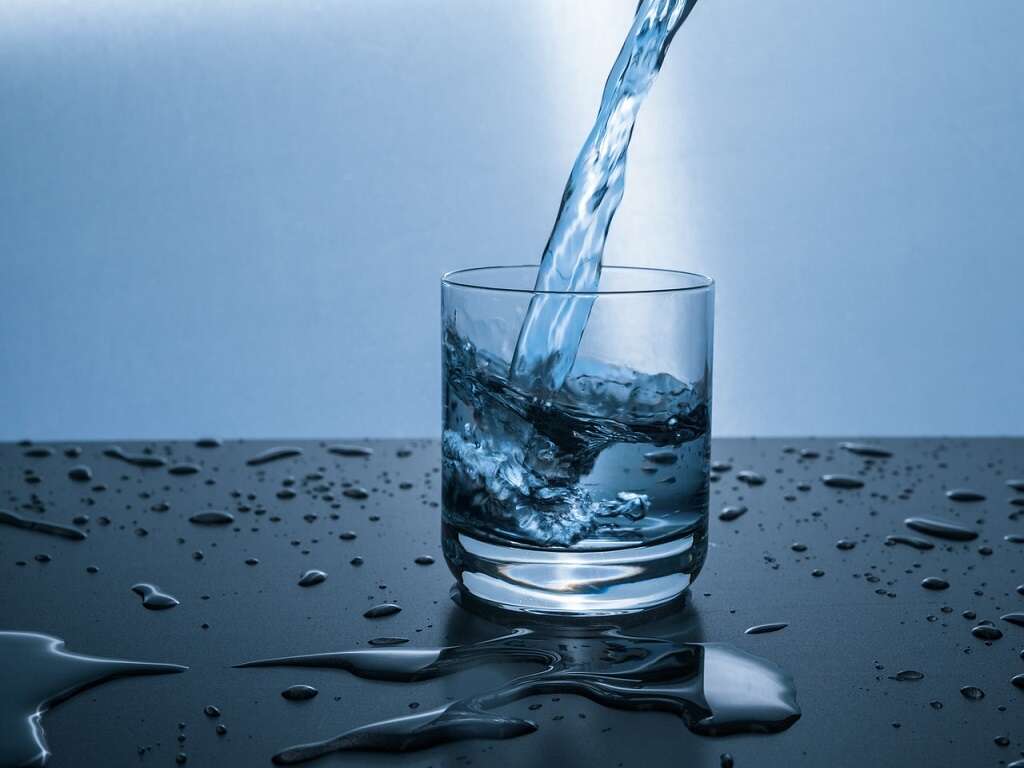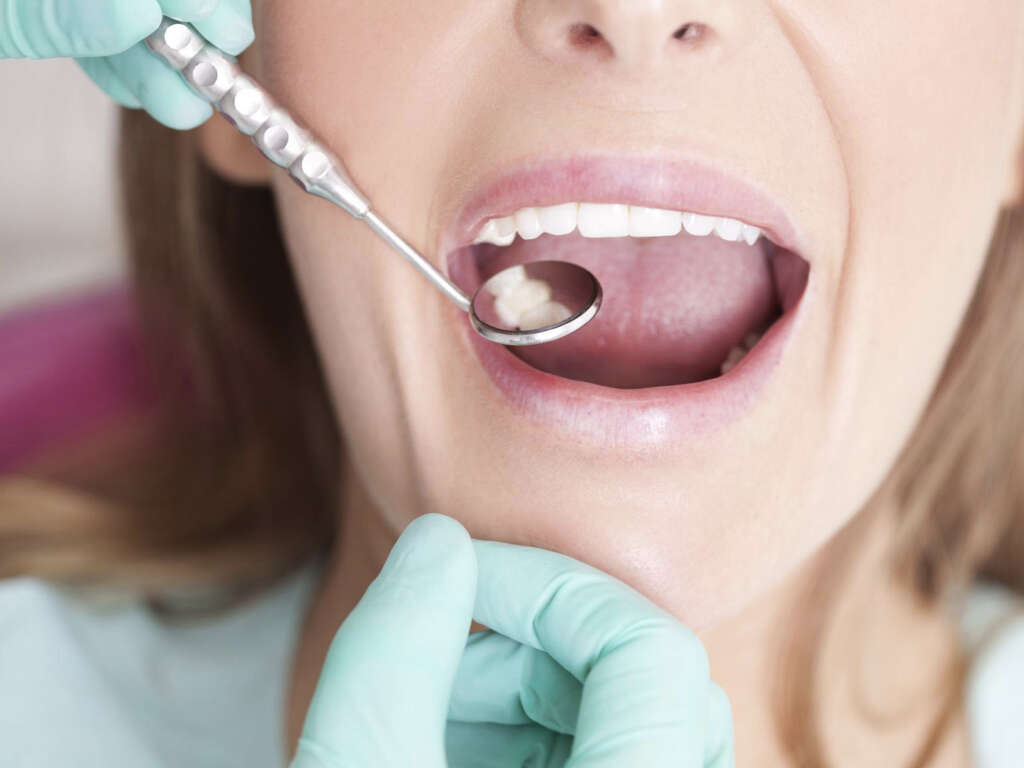Excessive Thirst: Why Am I So Thirsty?
 Article Sources
Article Sources
- 1. Gilmerm. '3 Reasons Why You May Be Feeling Really Thirsty.' Health Essentials from Cleveland Clinic, Health Essentials from Cleveland Clinic, 5 Oct. 2020, health.clevelandclinic.org/reasons-why-you-may-be-feeling-really-thirsty/
- 2. 'Diabetes Insipidus.' National Institute of Diabetes and Digestive and Kidney Diseases, U.S. Department of Health and Human Services, www.niddk.nih.gov/health-information/kidney-disease/diabetes-insipidus
- 3. Gill, Melissa, and MacDara McCauley. 'Psychogenic Polydipsia: the Result, or Cause of, Deteriorating Psychotic Symptoms? A Case Report of the Consequences of Water Intoxication.' Case Reports in Psychiatry, Hindawi Publishing Corporation, 2015, www.ncbi.nlm.nih.gov/pmc/articles/PMC4320790/
- 4. StatPearls. 'Primary Polydipsia.' StatPearls, StatPearls Publishing, 25 Aug. 2020, www.statpearls.com/articlelibrary/viewarticle/27735/
- 5. 'Xerostomia (Dry Mouth),' www.ada.org/en/member-center/oral-health-topics/xerostomia
- 6. 'Frequent Urination.' JDRF, www.jdrf.org/t1d-resources/about/symptoms/frequent-urination/
- 7. Miller, Jeffery L. 'Iron Deficiency Anemia: a Common and Curable Disease.' Cold Spring Harbor Perspectives in Medicine, Cold Spring Harbor Laboratory Press, 1 July 2013, [www.ncbi.nlm.nih.gov/pmc/articles/PMC3685880/.](http://www.ncbi.nlm.nih.gov/pmc/articles/PMC3685880/.)
- 8. Inenaga, Kiyotoshi, et al. 'Thirst Sensation and Oral Dryness Following Alcohol Intake.' Japanese Dental Science Review, Elsevier, 27 Feb. 2017, www.sciencedirect.com/science/article/pii/S1882761616300631
Psychological Factors
Psychogenic polydipsia refers to excessive thirst and compulsive water drinking associated with some mental health disorders. The condition starts with increased volumes of urine due to drinking too much water.
The second phase occurs when people drink so much fluid their kidneys can't keep up. A third phase is called water intoxication. It may cause symptoms such as nausea, vomiting, muscle weakness, seizures, irritability and tremors. These symptoms may occur when too much fluid dilutes salt and other essential electrolytes in the blood.2‘Diabetes Insipidus.’ National Institute of Diabetes and Digestive and Kidney Diseases, U.S. Department of Health and Human Services, www.niddk.nih.gov/health-information/kidney-disease/diabetes-insipidus
Advertisement











